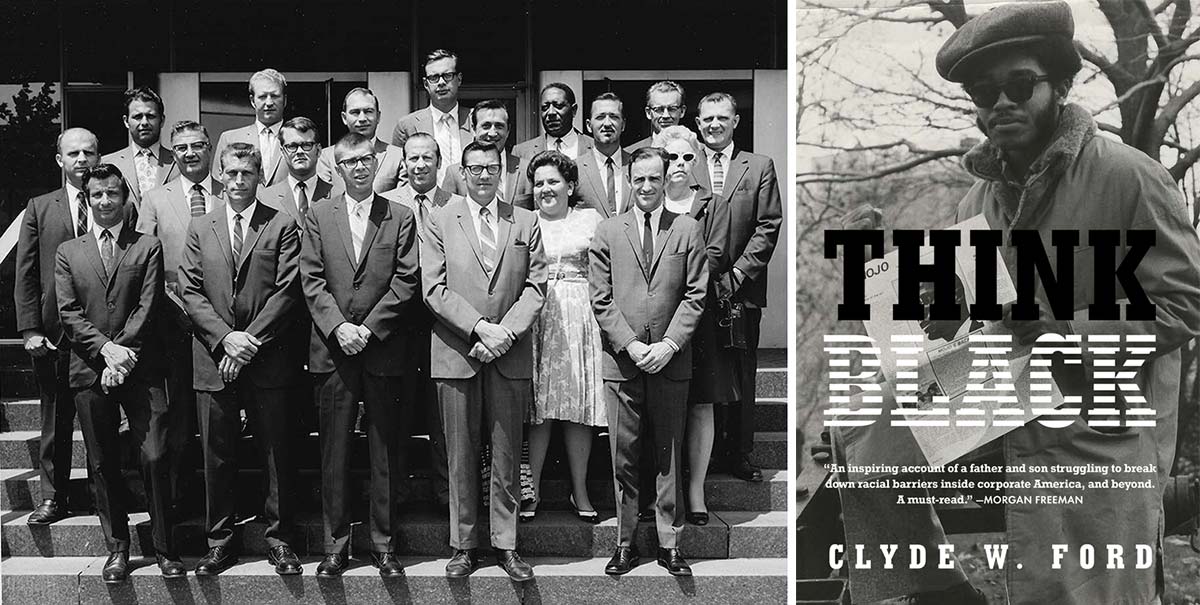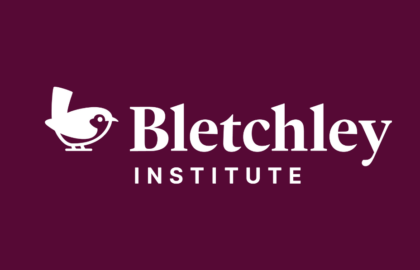Announcing The John Stanley Ford Fellowship

Today we are launching the John Stanley Ford Fellowship to support the advancement of Black tech professionals by creating long-lasting change.

Black tech professionals make up just 7% of the high tech sector, according to EEOC data, and when you look at the racial makeup of tech's 8 largest companies, the lack of representation becomes even more stark. Black workers make up just 3.1% of the workforce, according to data compiled by Bloomberg News, and that figure was up from 2.5% in 2014 despite numerous commitments made to D&I initiatives. Progress simply isn’t happening fast enough — we want to change that.
Today we are launching the John Stanley Ford Fellowship to support the advancement of Black tech professionals by creating long-lasting change. Through this program, we're partnering with companies to create apprenticeships that offer on-the-job training, ongoing mentorship, and, ultimately, access and opportunities to the tech community and scholarships to Flatiron School programs.
John Stanley Ford, IBM’s first Black software engineer, was also America’s first Black system engineer. His legacy is cemented in his pursuit to create opportunities for the Black community. He knew it was not enough to be smart and capable — he knew one needs to have access in order to enter the tech workforce. We partnered with John Stanley Ford's estate to create this Fellowship program. If you want to learn more about John Stanley Ford's life and the history of Black professionals in the tech sector, Clyde Ford, John Stanley Ford's son, recently released, Think Black, a novel centered around his father's and his journey inside corporate America.
What does it actually mean to be a JSF Fellow? The John Stanley Ford Fellowship's north star is breaking down the systemic barriers in technology. We believe that the JSF Fellows will be the smartest and most capable talent entering the workforce, but structural barriers may prevent them from accessing opportunities and success — so we've created a program centered around providing resources and opportunities to break down these boundaries. Every JSF Fellow will receive weekly and monthly mentorship from within their hiring company, along with an opportunity to interview for a full-time position prior to the end of their apprenticeship. They will also become a part of the larger JSF network, having real-time access to their peers and ongoing career coaching from our Flatiron School coaches to help navigate on-the-job acclimation and performance. Lastly, we will be organizing frequent leadership town halls with diverse tech professionals sharing their personal journeys with our Fellows. Committed town halls speakers already include:
-
Clyde Ford, John Stanley Ford’s son and Author of Think Black
-
Byron August, Co-founder of Opporunity@Work and former Deputy Director, National Economic Council at the White House
-
V. Rao Dumpeti, Co-founder of MakeMe
-
Chris Motley, Founder of Mentor Spaces
-
Saron Yitbarek, Founder of CodeNewbie
We’re excited to announce that many companies including Citi, IBM, Datadog, FuboTV, TrialSpark, MediaMath, JustWorks, and Codecademy have already committed to hiring multiple apprentices. We have also established a partnership with TheWhether.com, a virtual mentorship platform that helps companies scale their D&I efforts, to provide ongoing mentorship support for both our hiring companies and our JSF Fellows.
The pressing need to get more Black people and people of color into the tech workforce is clear and has been evident for a long time — you can read more about our perspective of what got us here in this piece. The John Stanley Ford Fellowship is just one piece of the change we need to make, but an important step in creating the access and opportunity that is needed for the advancement of Black tech professionals. Together we can work towards racial equity in tech.
Disclaimer: The information in this blog is current as of July 22, 2020. Current policies, offerings, procedures, and programs may differ.



